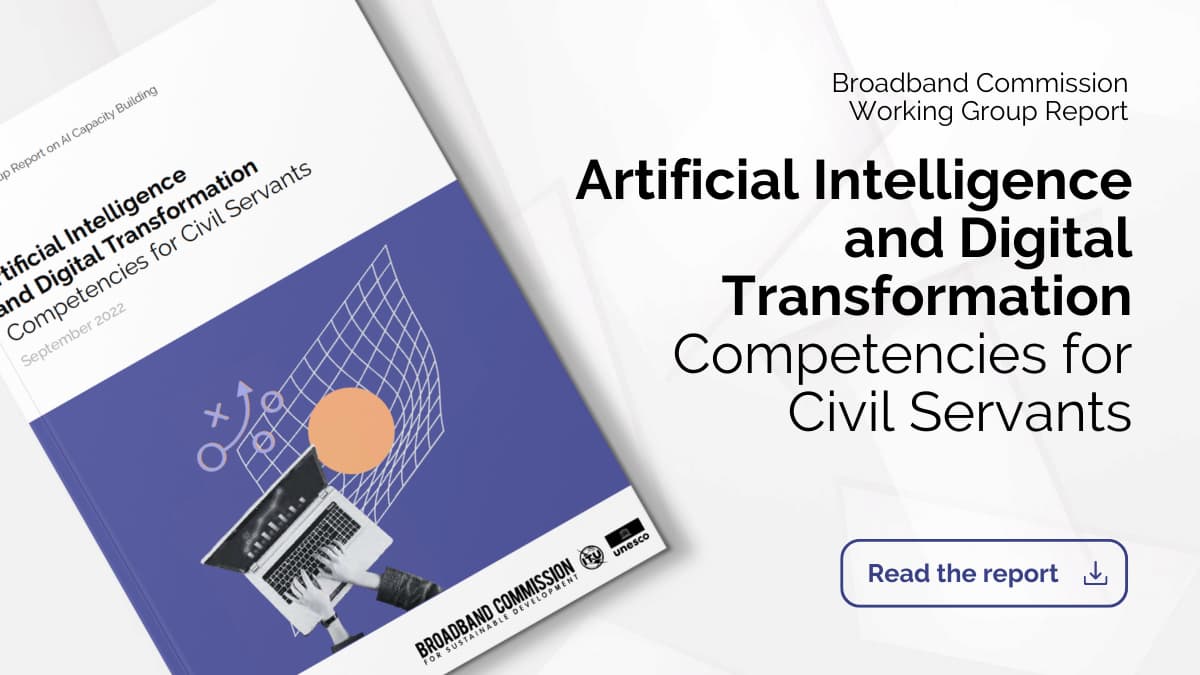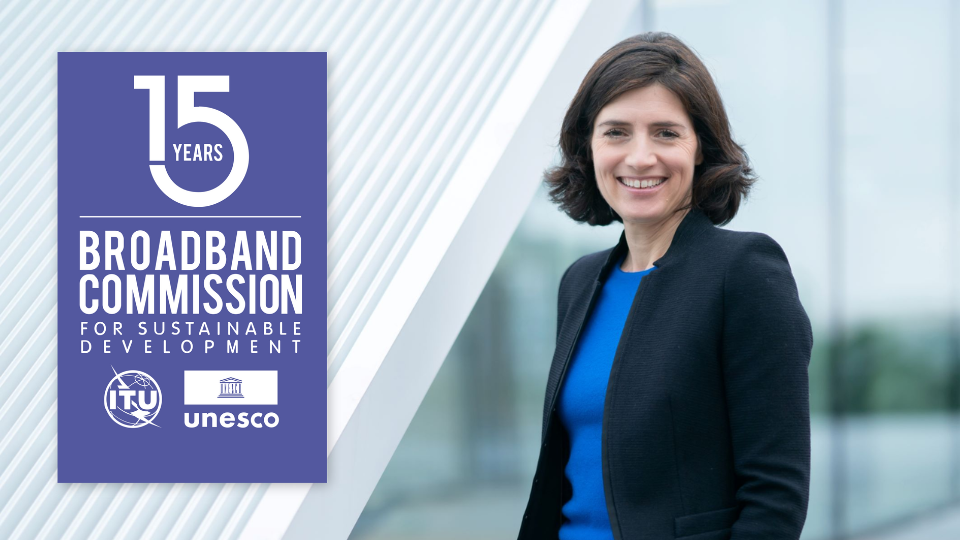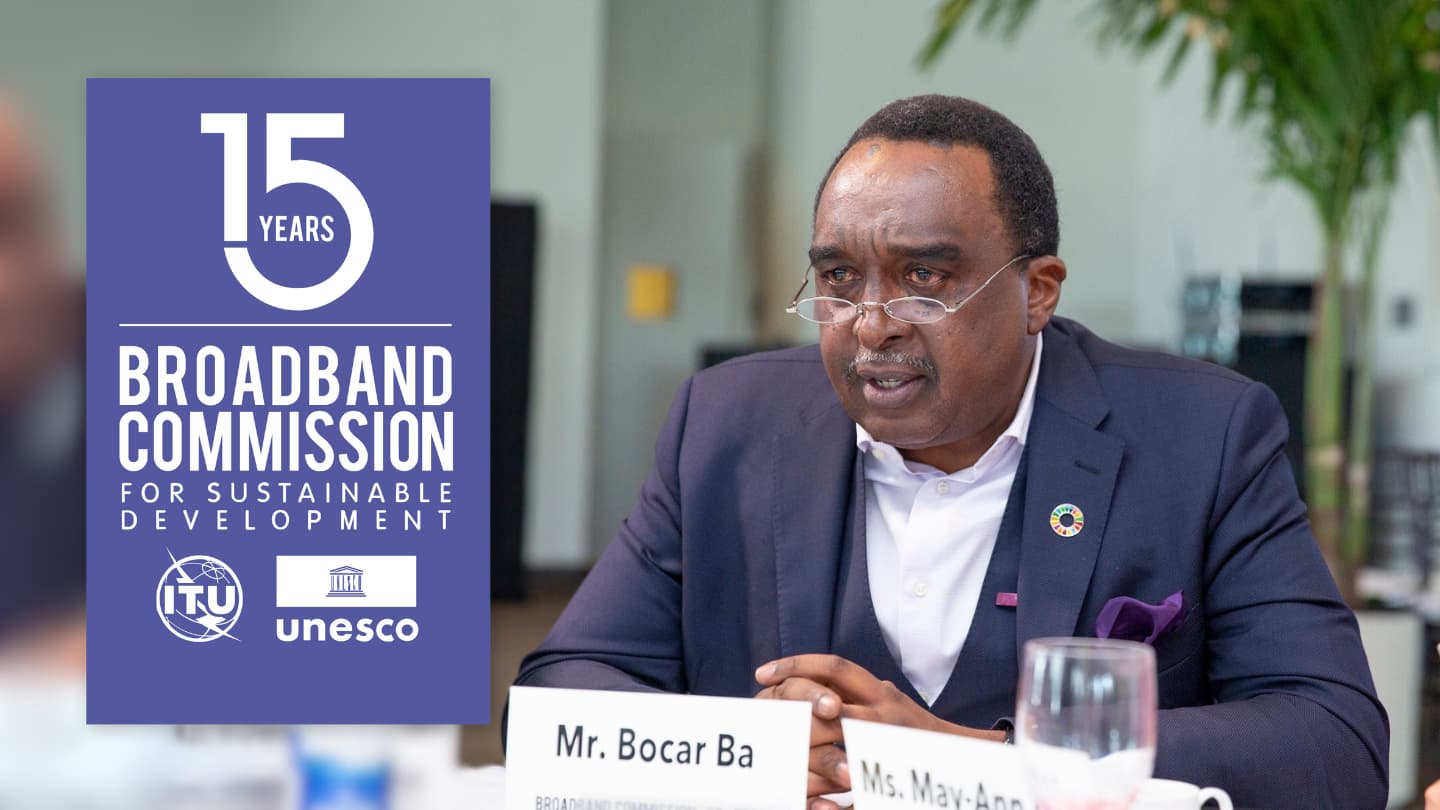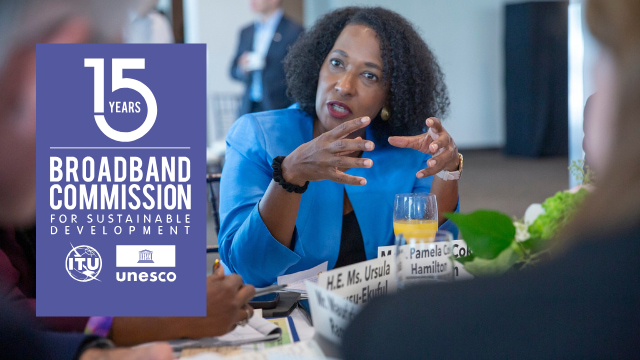
This article was originally published on UNESCO’s website.
The report Artificial Intelligence and Digital Transformation Competencies for Civil Servants underlines what civil servants need to learn to enable digital transformation to usher their countries and societies into the digital age.
As the world is at the cusp of digital transformation, almost half of 198 countries do not have a strategy to improve digital skills, which impedes efficient digital transformation and calls for further investment in their development in the public sector.
Responding to Digital Capacity Challenges in Government
Artificial Intelligence is at the core of some of the most important socio-economic challenges and opportunities of the 21st century. The question is how governments can equip themselves with the necessary competencies to adapt their national visions, missions, and strategies in the digital age. The development of digital competencies is one of the top priorities of many governments worldwide. With the accelerated development and use of digital technologies, the stake is high to develop not only technical expertise, but also adapt cultural, organizational and management practices that foster experimentation, iteration and innovation in the public sector.
Indeed, because civil servants design and implement public policies, they must understand and be able to tap into the potential of artificial intelligence and data. In other words, they must be empowered to digitally transform institutions, understand data collection concerns and propose policies that take advantage of the opportunities offered by new technologies, while navigating the many risks and challenges they can bring.
Audrey Azoulay Director-General of UNESCO
Exploring Different Learning Pathways Towards Digital Transformation
Civil servants need not become technical experts. Rather, they need to understand new technology trends and develop a basic understanding of the societal implications of technologies to direct digital transformation and governance initiatives. Digital planning and design, data use and governance, digital management and execution are three essential competency domains that civil servants need to acquire depending on the digital transformation needs of their countries. Nested within these competency domains are competencies, such as data-driven policy making, respecting legal, ethical and regulatory frameworks and agile execution, which empower civil servants to adapt and develop digital strategies and action plans for the trustworthy, inclusive and human rights-centric implementation of AI technology.
The basis of good policy making – gathering data, forming an evidence base, forecasting outcomes and analyzing different solutions – directly overlaps with what AI does. The challenge and the opportunity are directly aligned.
Pekka Lundmark President and CEO of Nokia





